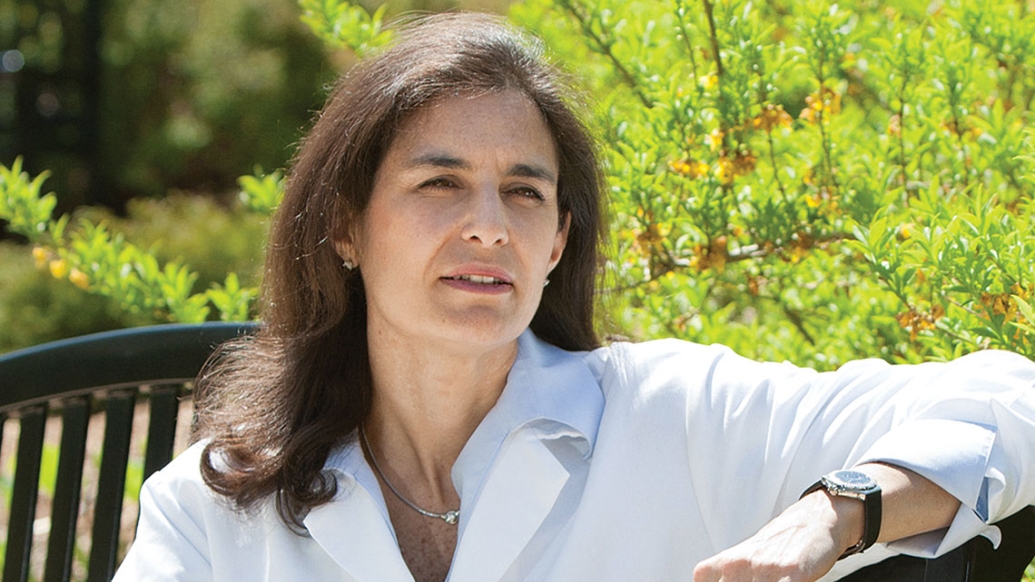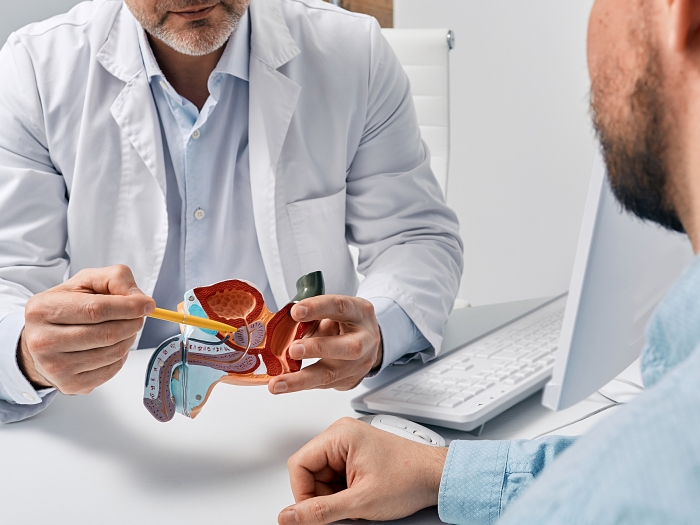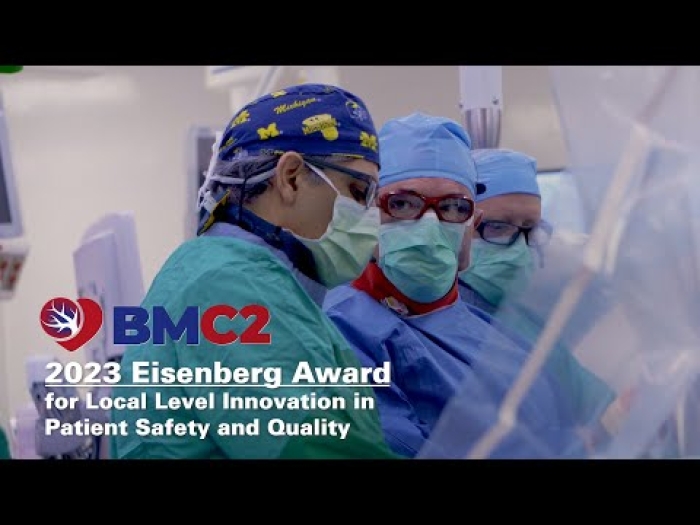
When Ella Kazerooni (M.D. 1988, Residency 1992) was a resident, she presented an abstract at an abdominal radiology meeting and caught the attention of a leader in the field. He was impressed by her research and wanted to know if she had decided on a specialty. Kazerooni's response of "chest radiology" garnered a less-than-enthusiastic reaction, she remembers, but she was unfazed. "Most of the action, in terms of impacting public health," she recalls telling him, resolutely, while framing her own chest, "is here in the heart and lungs."
This area, to which "the leading causes of mortality in the U.S. can be attributed," is where Kazerooni, now professor of radiology and of internal medicine, has established herself as an innovator and advocate. In fact, she helped design, initiate and implement one of the nation's most comprehensive studies on lung cancer screening, a disease burdened by misinformation and stigma.
"Navigating that stigma is important," Kazerooni stresses. "We have a lot of myths to overcome. There's an 'I did this to myself' mentality, or people think, 'I don't deserve to have this benefit.'"
But they do, and the study, funded by the National Institutes of Health (NIH) and facilitated by the American College of Radiology, has proven that annual screening does indeed help reduce mortality and is cost-effective when compared to other screening tests. The study was so successful that its efficacy was publicly proclaimed before the scheduled end-date.
"I still remember the day," Kazerooni muses happily. "There was this announcement that the trial was stopped — the Data and Safety Monitoring Board had reached a conclusion that the results were definitive early. They made a public announcement at a press conference held at the NIH, which is a very unusual way to release the results of a research trial."
It's a conclusion of which Kazerooni, also the associate chair for clinical affairs in the Department of Radiology, director of cardiothoracic radiology and service chief of diagnostic radiology, is immensely proud. She became a chest radiologist (now known as a cardiothoracic radiologist) because she felt she could effect the most change for the largest number of people. Caring for a population that was once overlooked or blamed for their condition is one of the most impactful and profound ways she is fulfilling her dream.
There are still barriers to negotiate — among them uncertainty in funding from the changing health care environment — but the landmark study has germinated much more research, a majority of which Kazerooni and her team are heading. Currently, they're looking into ways to communicate medical information to patients more effectively and in a more personalized manner. More broadly, the study prompted health care centers across the country to follow U-M's lead, and, collectively, institutions are inputting their data into a national data registry for lung cancer screening. Kazerooni is chairing this effort.
"We're in this phase of widespread early implementation. Analyzing the registry data will help us understand if the benefit shown in the research trial of over 50,000 subjects can be brought successfully to the population at risk not only of lung cancer, but of heart disease and COPD — other conditions the screening CTs detect."
The registry is also measuring patient outcomes and rating the radiologists' performances to "constantly review and improve" quality.
As chair of the American Cancer Society's lung cancer screening roundtable, Kazerooni feels privileged to have seen the eight-year-long trial conclude and succeed in such a demonstrably favorable way. However, she's eager for the next steps: "We want to make sure that high quality screening is available to all who might benefit from it. We want to make lung cancer survivors."




